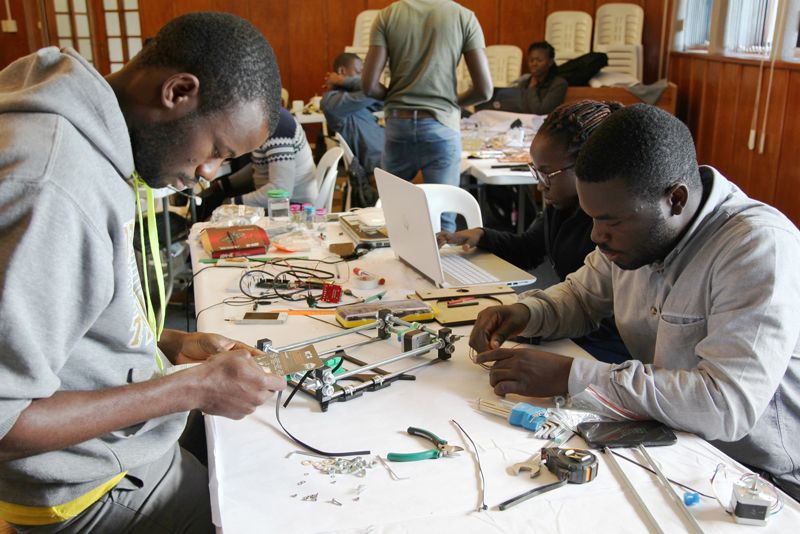The maker movement soon found its way to the sciences, but it wasn’t quite as simple as making other, non-scientific things according to Jenny Molloy, an early proponent of open science and a research fellow at the University of Cambridge, UK

Walk into any modern physics laboratory and you’ll see all kinds of hi-tech instruments. There are spectrometers, microscopes, oscilloscopes and diffractometers all spitting out data, spectra and images. In the developing world it’s difficult to get and maintain the hi-tech equipment we associate with modern laboratories. But could open-science hardware provide a lifeline? And what if you could make your own equipment? This is the principle behind the open-science hardware movement, which lets people make, modify and share hardware for scientific use. Learn about open science hardware from Rachel Brazil’s investigation. Read more

